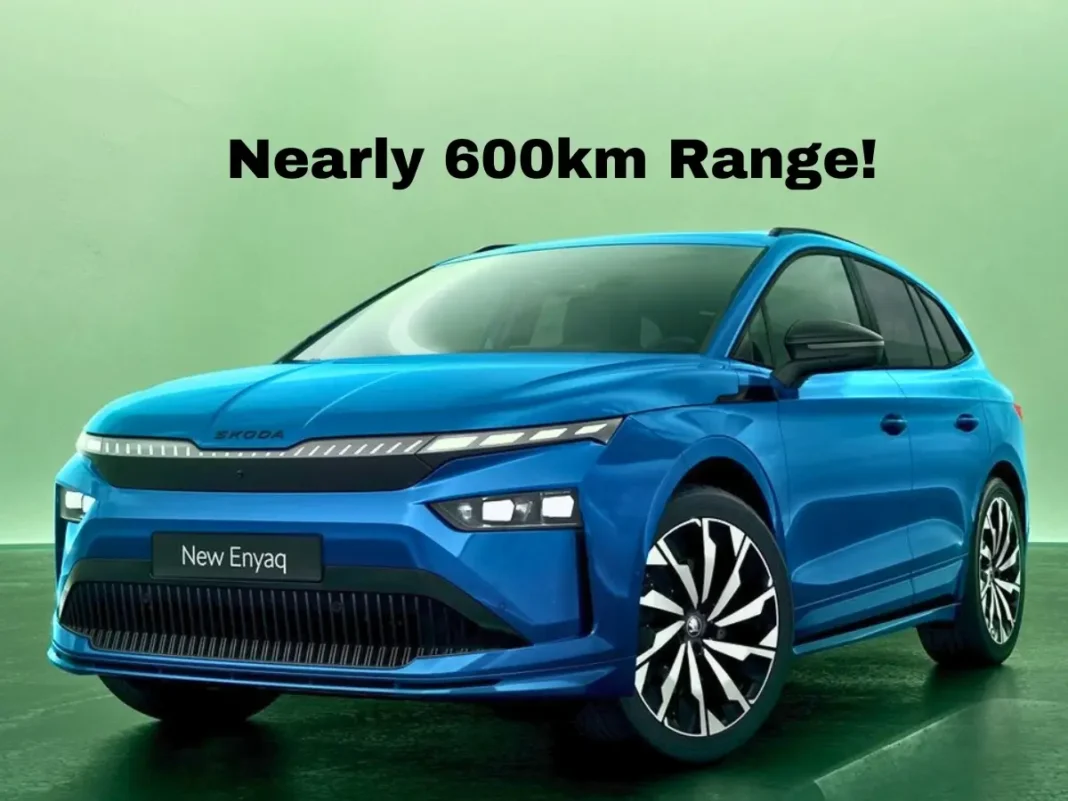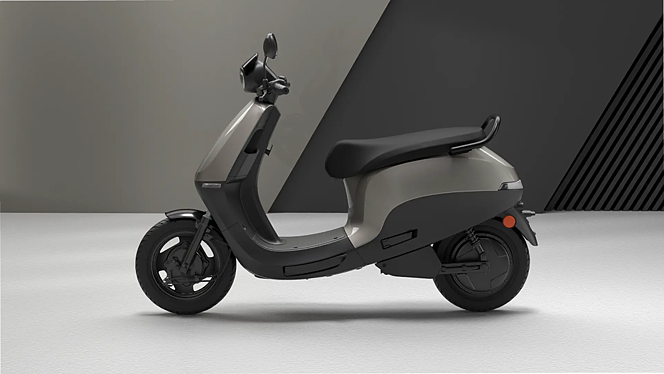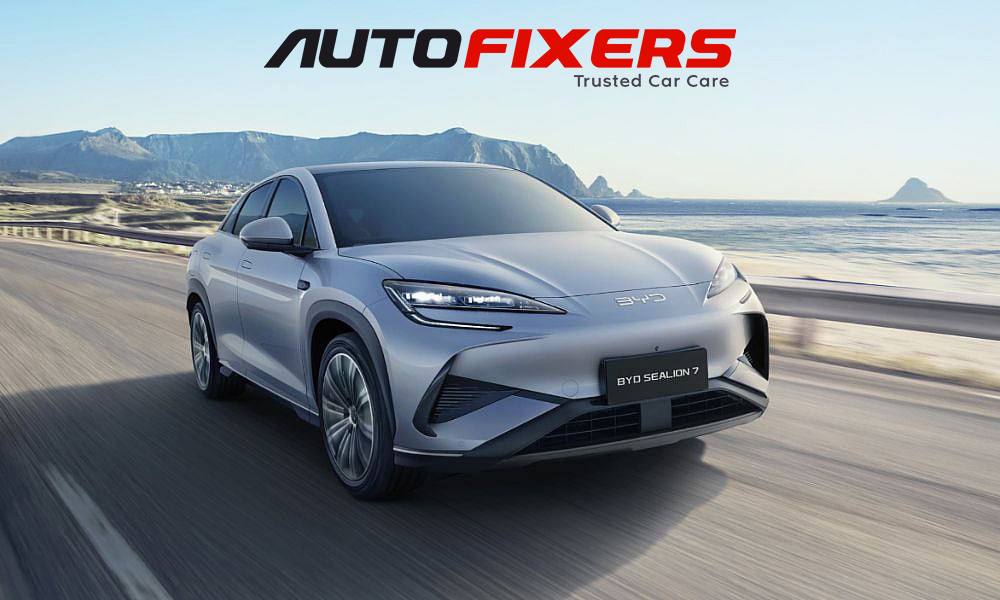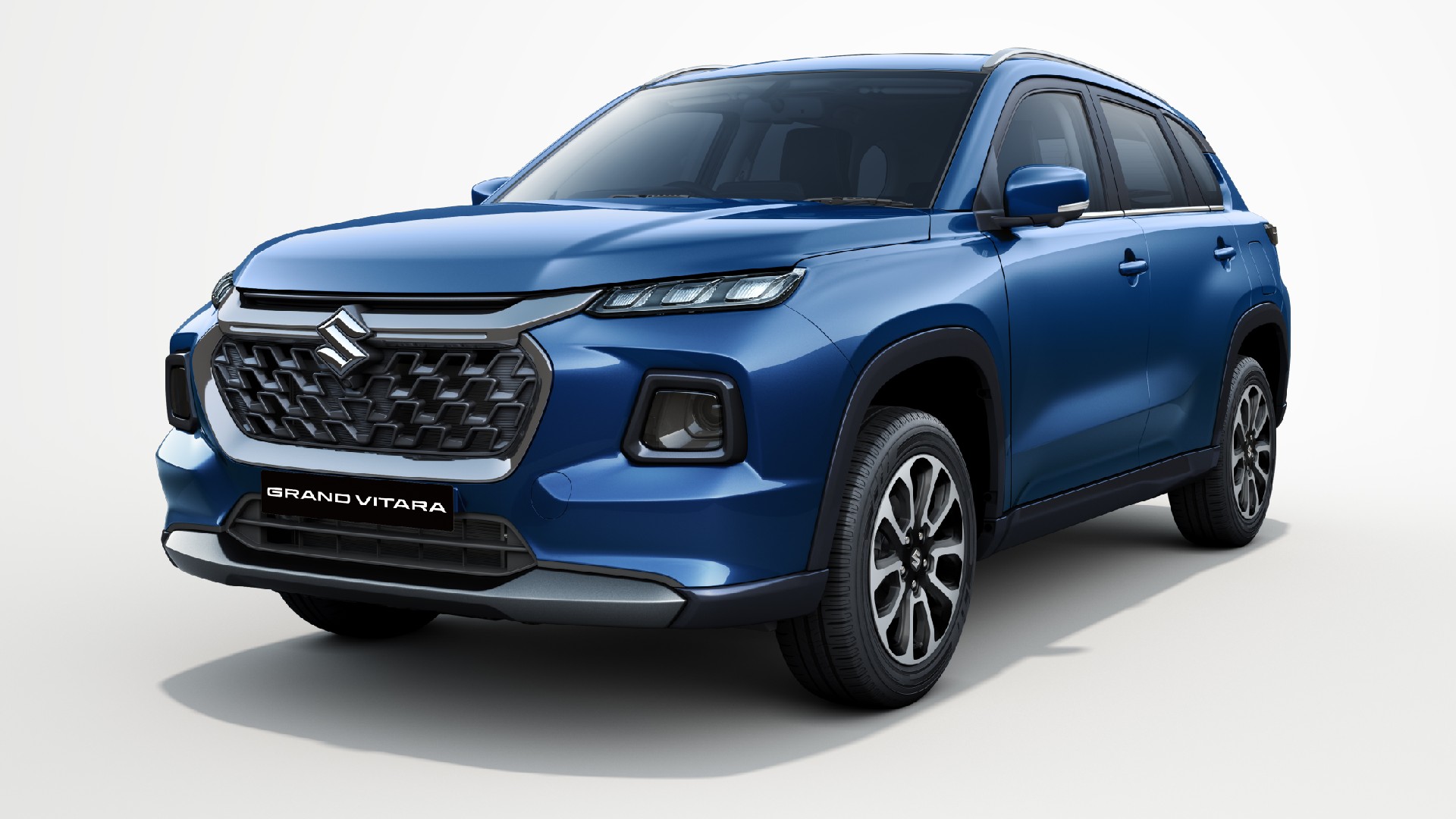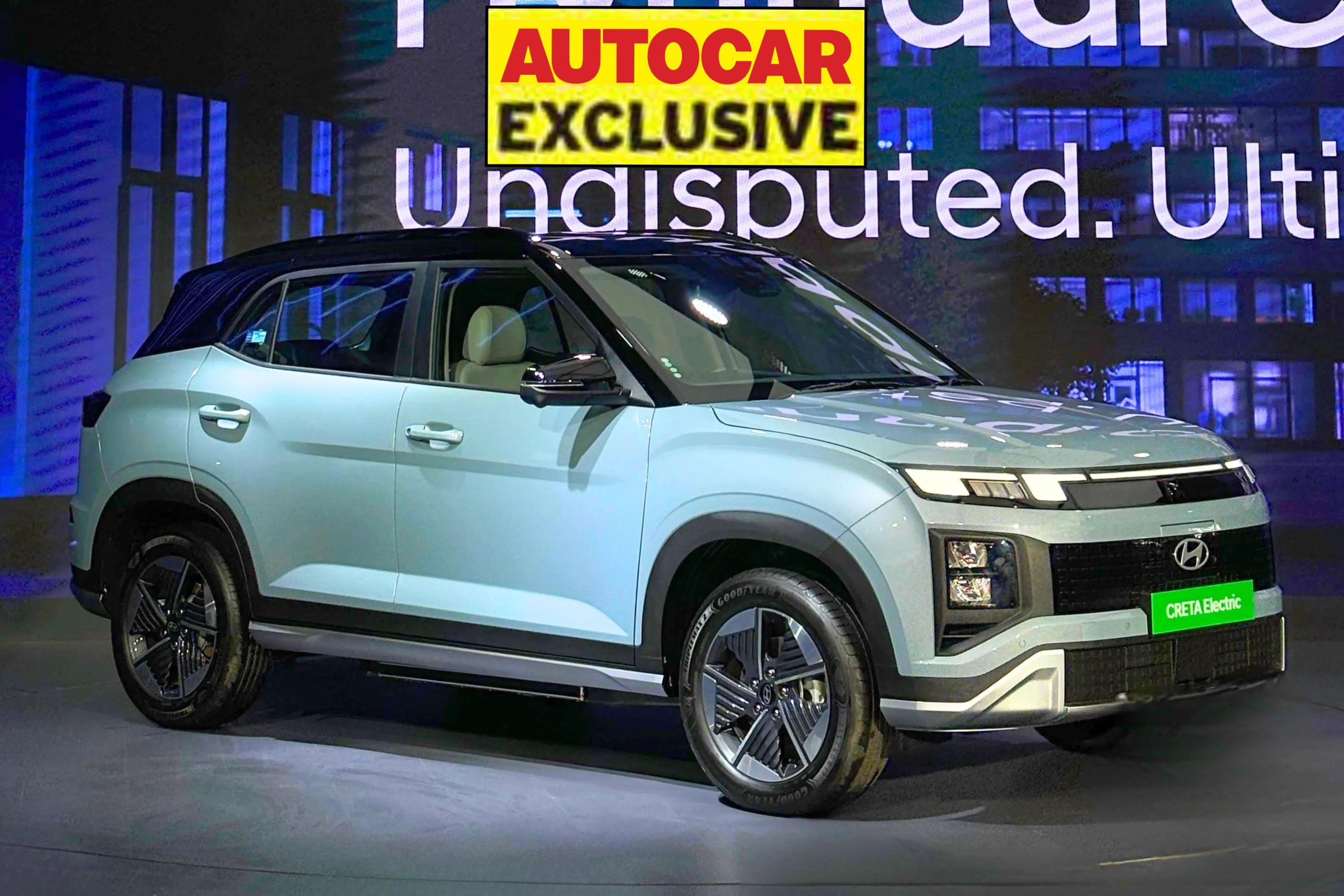
Hyundai Motor India is gearing up for a transformative decade with an impressive lineup of 26 new models set to launch by 2030, featuring offerings in internal combustion engine (ICE), hybrid, and electric vehicle (EV) categories. This initiative represents the company’s most ambitious expansion blueprint since its entry into the Indian market in 1998. As Hyundai faces increased competition from rivals like Tata and Mahindra, this strategic plan aims to solidify its No. 2 position in the automotive landscape.
Autocar India delves into Hyundai’s roadmap, which includes a diverse mix of entry-level hatchbacks, compact SUVs, premium hybrids, and skateboard-based EVs as the South Korean manufacturer seeks to hone its competitive edge in the Indian market.
- Hyundai to launch 7-8 all-new models in India by 2030
- Bayon crossover, Verna, and Exter facelifts set for 2026
- Next-gen Creta and Palisade hybrid SUV debuting in 2028
Hyundai’s Recent Market Challenges
Mahindra and Tata have surpassed Hyundai in sales
The push for new products comes as Hyundai is grappling with significant challenges. Once the undisputed No. 2 carmaker in India, Hyundai has recently fallen behind Tata Motors and Mahindra & Mahindra in monthly sales performance. A slowdown in new product introductions, particularly in the rapidly expanding SUV and EV segments, has allowed competitors to capture market share.
Although Hyundai maintains a strong brand image and solid profit margins, its product lineup has not undergone significant updates in the last two years, making it susceptible to the aggressive tactics employed by domestic rivals.
Introduction of 7-8 New Hyundai Models
In response to these challenges, Hyundai has developed a comprehensive product strategy that encompasses every market segment it operates in, ranging from sub-compact hatchbacks to full-size SUVs and expanding into hybrid options. While the number of 26 new models includes refreshed variants and facelifts, at least 7-8 will be entirely new vehicles introduced across both new and existing segments.
Key Upcoming Hyundai Launches
Next-Generation Venue to Initiate Product Blitz
The rollout of new models is set to commence in earnest by October 2025, beginning with the introduction of the next-generation Venue. This popular compact SUV will undergo a significant design transformation and will be repositioned as a higher-end “baby Creta.” Hyundai anticipates that this update will restore the Venue’s monthly sales volumes to between 10,000 and 11,000 units.
Hyundai Bayon Crossover Launching in 2026
In mid-2026, Hyundai is expected to launch the Bayon, a globally designed crossover based on the i20 platform (internally referred to as BC4i). Priced between Rs 10-12 lakh, this new crossover will fill a gap below the Creta, offering an attractive alternative in the popular crossover segment.
Refresh of Exter Coming Mid-2026
A facelift for the Exter is also planned for mid-2026. While the Exter has achieved respectable sales since its launch, it has struggled to compete with the Tata Punch. Hyundai’s impending updates include an enhanced interior and exterior styling tweaks to boost its market appeal.
Verna Facelift Set for Launch by Next April
The Verna, which has been a strong performer in export markets, will receive a facelift by April 2026, keeping Hyundai’s presence relevant within the gradually shrinking sedan market. Interestingly, the company has reversed its decision to discontinue the i20 and Alcazar, both of which will now see next-generation replacements closer to 2027-28.
Upcoming Hyundai Electric Vehicle Launches
Initial Focus on ICE Conversions and Future Skateboards
Hyundai is pursuing its EV ambitions in stages. The company launched the Creta Electric in early 2025, but the market response has been muted, with monthly sales figures falling below 700 units. Critics have noted that the model lacks distinct features, making it feel too similar to its ICE counterpart regarding design and driving experience.
New Electric Hatchback in Late 2026
In response to feedback, Hyundai is developing a new electric hatchback, codenamed HE1i, set to debut in late 2026. This model will be the company’s first skateboard-based mass-market EV, priced between Rs 10-15 lakh, aiming to compete with the Punch EV and upcoming small EV offerings from Maruti Suzuki.
Following 2027-28, a more ambitious wave of EV products is planned, potentially featuring a brand new mid-size SUV EV architecture based on a cost-efficient 400V framework suited for emerging markets. This could enable Hyundai to enter the Rs 20-30 lakh segment, a battleground heating up with offerings from Mahindra’s XUV.e lineup and MG’s next-gen electric vehicles.
Hyundai’s Hybrid Car Initiatives
Palisade Hybrid SUV as Flagship Model in India
For the first time, Hyundai India is stepping into the hybrid market, starting with the Palisade Hybrid, which is projected to launch in 2028. This large SUV will serve as the company’s flagship offering in India, positioned above Rs 30 lakh.
Development of an All-New Turbo-Petrol Engine
Hyundai has confirmed that its hybrid strategy will extend throughout its portfolio, with a new 1.2-liter turbo-petrol engine being developed as a foundation for upcoming hybrid applications, according to sources.
Next Generation Hyundai Creta Details
Offering Multiple Powertrain Options
The next-generation Creta, codenamed SX3, is expected to launch in February 2028. This model will be significant, featuring petrol, diesel, hybrid, and electric powertrains. It will be the first Hyundai vehicle designed to comply with the upcoming CAFE 3 regulations, representing a shift from the Creta as a bestselling SUV to a multi-powertrain platform leader.
Hyundai is anticipated to fully support this model, given its status as the company’s most crucial volume driver in India.
Hyundai’s Commitment to Investment in India
Over Rs 18,000 Crore Allocated
Hyundai’s ambitious product rollout is backed by substantial investments. The company is dedicating over Rs 10,000 crore to product development and an additional Rs 8,000 crore towards research and development, as well as enhancing manufacturing capabilities. A new plant in Talegaon is projected to commence operations by October 2024, in tandem with a 450-acre research and development center featuring a test track under construction in Telangana.
This initiative will facilitate quicker product cycles, localized testing, and cost reduction, all essential for competitiveness in India’s price-sensitive market.
As Hyundai navigates current challenges, including lost momentum, lukewarm EV market performance, and increasing pressure from indigenous manufacturers, it appears poised to regain its competitive edge with a clear and actionable strategy. With its comprehensive product lineup, diverse powertrain offerings, and increased local investment, Hyundai is preparing for a resurgence in India.

